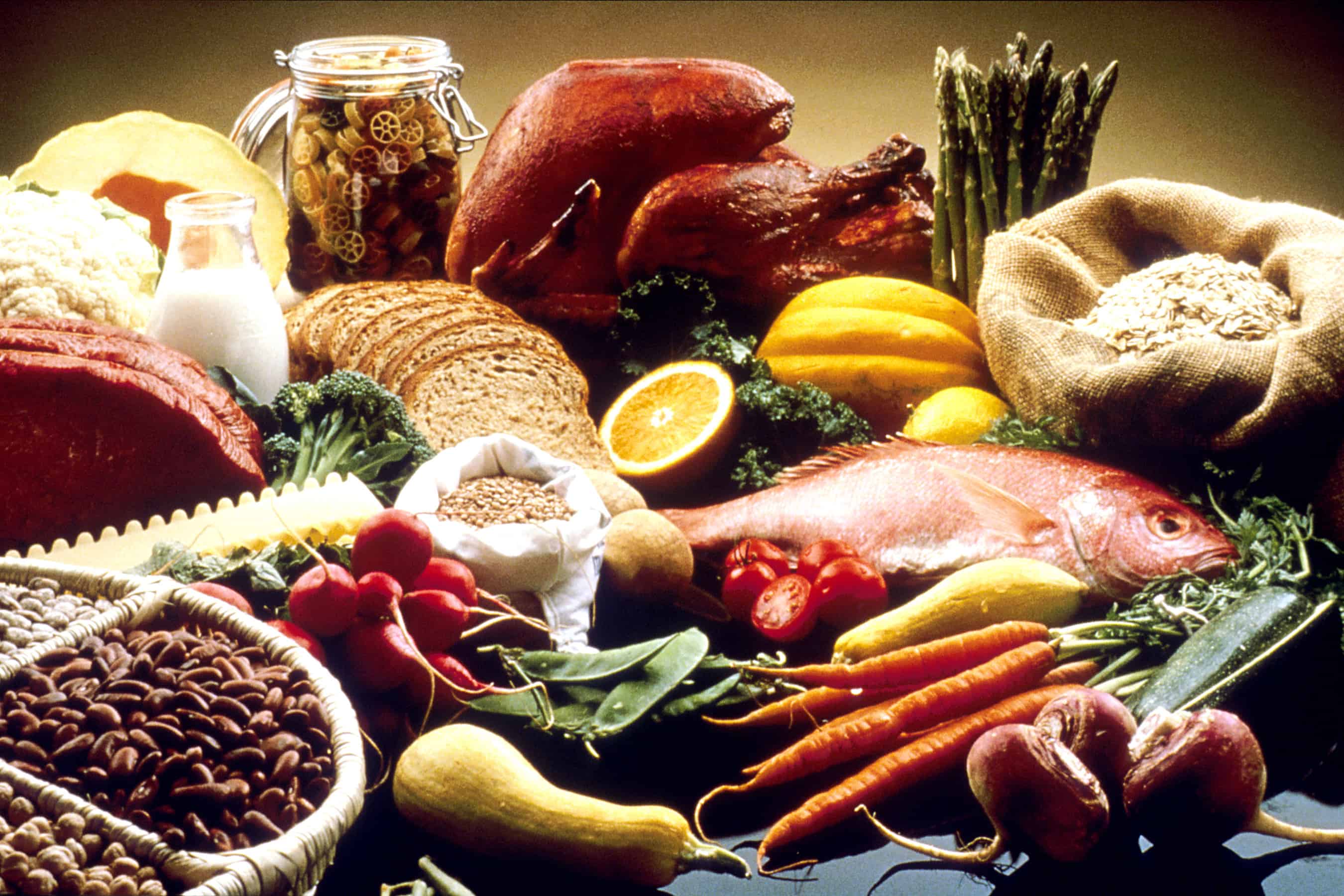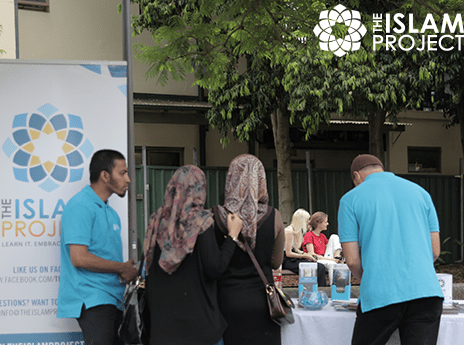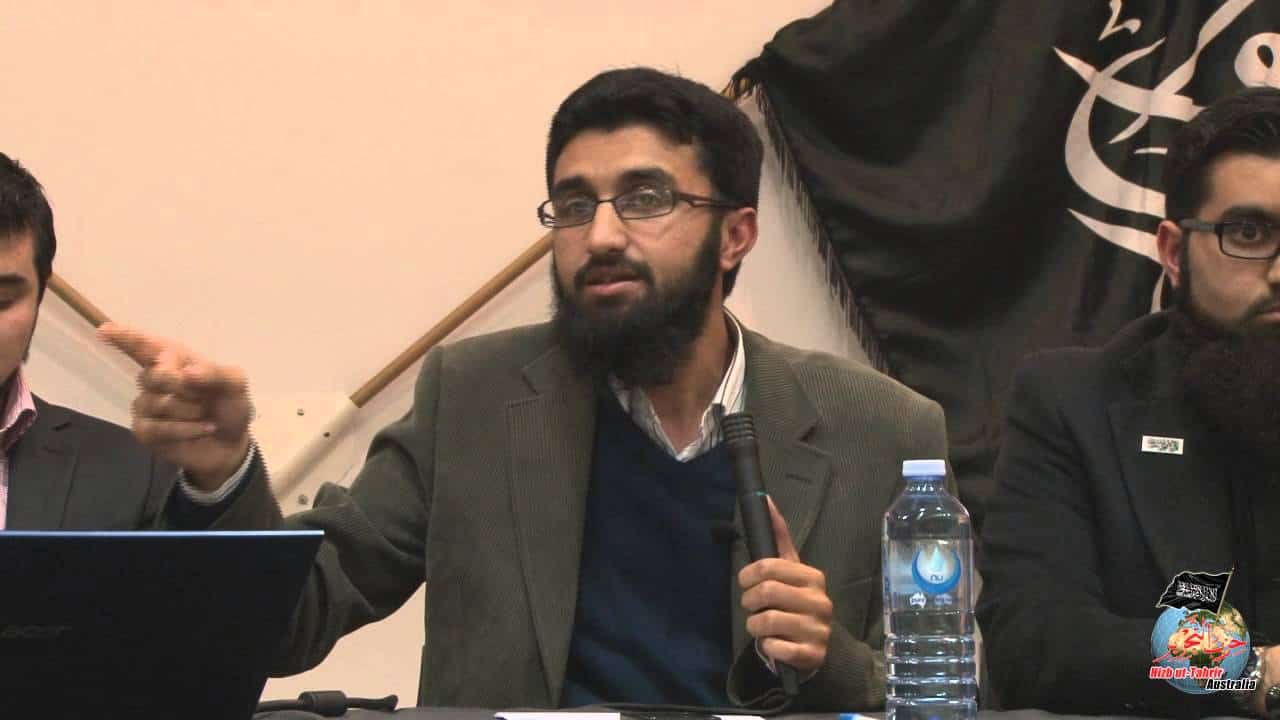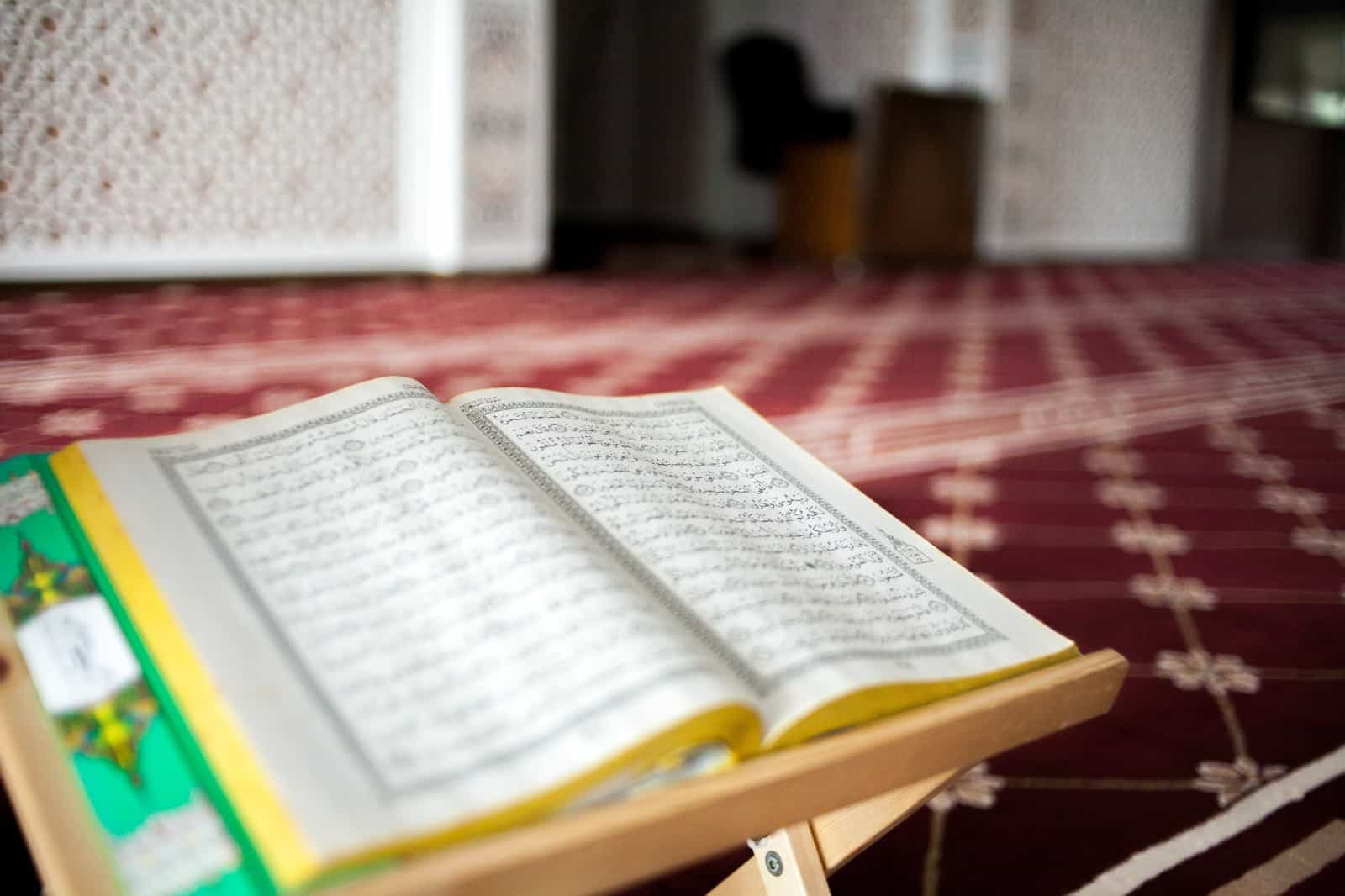On the eve of Ramadan, we share 12 final pieces of advice (including motivation and tips) by br Uthman Badar.
Allah, the Exalted, showers his mercy, blessings, tawfiq and repentance in this great month, which is almost upon us. Here’s some tips to make the most of it. Twelve points divided in two: six on the ‘how’ and six on the ‘what’.
As to the ‘how’, ya’ni how to go about it, a few things are noteworthy:
1. Planning
Proper utilisation of any opportunity requires planning. Those who fail to plan, as the saying goes, plan to fail. Take out an hour today or tomorrow – if you have not already – to come up with objectives, actions and a daily schedule for Ramadan. It’s one thing to think I’ll read as much Qur’an/pray in masjid/taraweeh/tahajjud/da’wah as I can; it’s another to have specific targets and a specific daily schedule that you can follow, re-visit every few days as a control mechanism and generally facilitate a disciplined approach.
2. Preparation
Seeking radical change overnight never works, or if it does, leads to early burnout. You want to add numerous actions to your usual activity, to the extent that for most people even your sleeping habits will change. Doing it all at once is not a good approach. Come up with a schedule to shift to part or all of it from now (ideally this should be a week out at least but even two days out is better than nothing). This way you soften your entry allowing better momentum and a good start.
Preparation also includes the more mundane like getting your clothes ready, getting that spot in the house ready where you’ll take repose to recite or pray, etc. (Doesn’t include filling the kitchen with every type of food for five star iftars, but you can do that if you must, though see #5 below first.)
3. Consistency and practicality
Aim for improving on your record. Everyone is at different levels. Everyone has a unique relationship with Allah (swt). Aim to do build on your relationship, not that of others. Compete with people at your level. Do that little bit more than you did last Ramadan. Keep the targets high but realistic, and seek consistency throughout the month. Don’t go in all guns blazing only to fall away by day 6. Work your way up, maintain effort throughout and then increase in the last ten.
4. Activity
Ramadan is a month of action and effort, not rest and laziness. It’s like the farmer’s season of harvest, to use a material example, or the accountant’s tax season (ergo, accountant is money farmer). You push yourself to do more, not less, to make the most of a limited opportunity. Unfortunately, some people have this idea that the point is to merely fast, even if they sleep it through to make it easier. This is a serious misconception that only harms the one deceived by it. The fast is but the pillar on and around which one is to build a monument of worship.
Consider the example of the Sahaba and early Muslims who would cherish the opportunity of Jihad in Ramadan. Imagine! Why? Because it is one of the most virtuous and beloved acts to Allah, one requiring the most exertion and because the support and victory of Allah was closer at hand in this month. How many a land was liberated and how many an enemy defeated in Ramadan! The lesson, of course, is to be active and diligent, looking for ways to earn more of Allah’s reward and pleasure.
5. Discipline with food
This is not just in the day time! This is a big fitna in Ramadan – ironically! – a tribulation and trial for the believer. We leave food between the two ends of the day but at either end many of us compensate in style. This is a major problem, and that’s not because you won’t end up losing weight! It’s a major problem for two reasons. One, you failed to appreciate that the goal is self-discipline, so if you hold back for a limited time but then let lose for another, you’re back at square one.
Two, the excessive food makes you lazy and unable to do as much as you would otherwise. Too much at suhur makes the post-fajr period less productive and, worse, too much at iftar, makes your night of worship less productive. The stomach is full, the brain is sending signals left and right for emergency anatomical procedures, blood is rushing to get around, the heart’s beating faster, digestion is in overdrive. Little wonder you’re doing a re-count of taraweeh rak’at after four (wasn’t that six?), and eyeing the shortest exit route early. Worst start to the night. Discipline with the food would solve half the problem with everything else.

6. Companionship
Any struggle alone is doubly difficult. Have a buddy on your journey. Someone your close and comfortable with. Ideally, someone who will pull you up, not bring you down with them. Mutual encouragement goes a long way. When you feel like giving a set activity a mess, they push you to make an effort, and vice-versa. Some friendly competition is helpful too. It gives you the thrust to go that extra mile.
As to the what, ya’ni what to do, the aim should be a *comprehensive Islam*, a comprehensive submission to Allah. Some of the ritual ibadaat will form the backbone but not to the exclusion of other aspects.
7. Qur’an
The Qur’an deserves special attention in the month known by it – “The month of Ramadan in which the Qur’an was revealed”. Spend as much time with it as possible. In line with point #3, of course. So if you are fluent in reciting Qur’an, aim for finishing it in the month. It’s very much doable: one juz’ a day read over 60-90 mins divided over 3-4 periods in the day. 4*15-20 minute periods is very doable, just requires discipline. If you’re not fluent, aim for half, or a quarter and recall the hadith of the Prophet (ﷺ) that whoever recites the Qur’an while stammering through it (ya’ni reciting with difficulty) gets double reward.
Some people argue over whether it’s better to recite as much Qur’an as possible in Ramadan to read with translation/tafsir. The thing is we should be doing the latter throughout the year and then focus on recitation/revision of memorisation in Ramadan. But since so many of us only give attention to the Qur’an in Ramadan this becomes an issue. In any case, you can do either, or both. The point is to spend time with the Book of Allah as much as possible.

8. Salat
That Allah gave us tarawih – extra salat – in this month is no coincidence, neither is the fact that it’s in the night. Salat is the believer’s communication with Allah (swt). Ramadan is the month of moving, nay running, to Allah, speaking to Him, beseeching Him, asking Him. Do the logic. Work on your salat in this month. Start making it a tiny bit longer than you currently do it. Extend the ruku a bit. Extend the sujood a bit. But don’t just extend. When there, try to realise the meaning of the act and the words being uttered. Feel that you’re bowing and prostrating before the One, the possessor of unfathomable power, perfect knowledge, incomparable forbearance and abundant mercy. Try to internalise that meaning.
The taraweeh and tahajjud in Ramadan in particular are great opportunities to work on your salat. Tahajjud is difficult but again start small. Work from where you are. If you’ve never prayed tahajjud, try waking just fifteens minutes before suhur and praying for ten minutes, then work it up to half an hour or more by the end of the month. If you did this last year, start with half an hour and work to one or two, and so on. For the seasoned campaigners, beware the whisper of shaytan which tells you to leave tahajjud for the last ten nights. No, start from the first night. There’s only thirty and will fly by before you know it.
9. Da’wah
While the ritual ibadat have their lofty place in Ramadan, one should not restrict oneself to them. Struggling in the path of Allah also has its place and here too the example of the Sahaba moving out in Ramadan carrying the deen through da’wah and jihad is instructive. Da’wah activities should not stop in Ramadan in favour of a “more spiritual” focus. Such thinking merely reflects a narrow understanding of spirituality. Da’wah activities – whether street stalls, da’wah on campus, protests, conferences – should be maintained, indeed increased, seeking the aid and tawfiq of Allah, which is more abundant in this month.

10. Abstinence from all that is haram
The fiqh or external dimension of fasting is to abstain from food, water and intimacy from fajr till maghrib. The internal reality is to be more attune to abstaining from all that is haram and, at a higher level, all that is, or may lead to what is, displeasing to Allah, as a means of achieving taqwa and proximity. It may be that the fasting person gains nothing from his fast except hunger and thirst, as the Prophet (ﷺ) said, because while be abstained from food and water, he did not abstain from lying, backbiting, cheating, foul language, and other prohibited acts. He mistook the means for the end and divorced it from its broader sought reality: a comprehension Islam.
11. Character
Good character is the peak of deen, for it reflects a more complete internationalisation of what the Master wants from the slaves. Character, here – akhlaq or adab – does not mean manners and etiquettes alone. It refers to a person’s established disposition, how the carry themselves in all affairs. Good manners, truthfulness, avoid backbiting, gossip, occupation with what is worthy and leaving off what is frivolous, being firm where required and being soft where appropriate, calling out oppression, enjoining good, respecting elders and scholars, loving those younger, selflessness, etc., are all entailed by good character, because the outer action indicates upon internal states and inclinations.
12. Assisting people
A key character trait deserving special mention. Allah assists those who assists others. You’re working on yourself, but don’t become selfish. Assisting others can be more pleasing to Him than an act for yourself. Helping your mother/wife at home in the iftar rush-hour can be more rewarding than reading more Qur’an or going to sit in the masjid early. Give them the time they need to worship as well. Helping the brother/sister who is in some trouble can be more rewarding than do more salat. Bringing happiness to the heart of a person can be more rewarding than 2 rakats of tahajjud. All depends on context and the key is balance in order to achieve that comprehensive submission.
May Allah give us tawfiq.
![]()
















